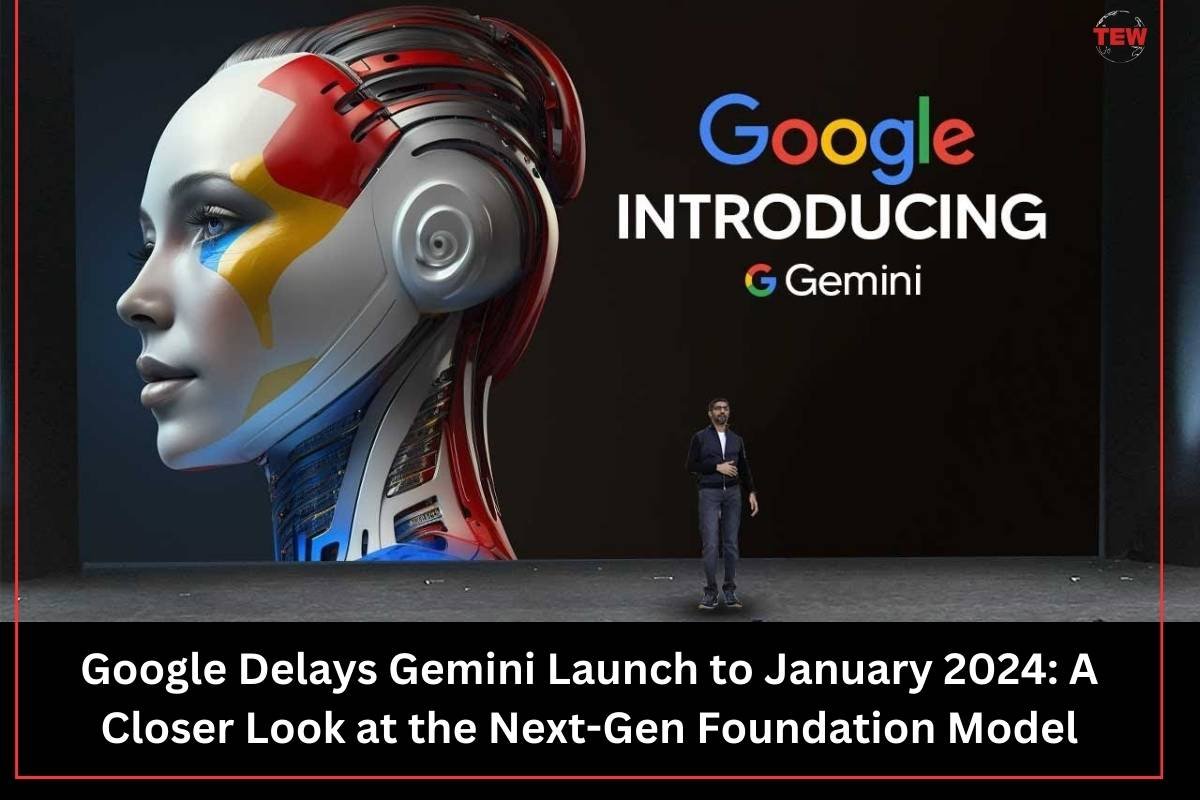In an unexpected turn of events, Google has pushed back the launch of its highly anticipated Gemini model, initially slated for next week, to January 2024. The decision comes after the tech giant discovered that Gemini’s artificial intelligence (AI) struggled with certain non-English queries, prompting CEO Sundar Pichai to prioritize a comprehensive solution before unveiling the groundbreaking model.
AI’s reliability in handling non-English queries
The Information revealed that Google had planned an elaborate debut for Gemini, including a series of events across California, New York, and Washington, specifically targeting politicians and policymakers. However, concerns about the AI’s reliability in handling non-English queries led to a strategic delay. Google aims to ensure global language support, positioning Gemini model to either match or surpass the capabilities of OpenAI’s GPT-4, a standard the company is reported to have achieved in certain aspects, according to sources.
Sundar Pichai, emphasizing the importance of competitiveness and staying at the forefront of technology, stated in November that the focus is on releasing Gemini 1.0 promptly. The company is currently in the final stages of refining the primary, and presumably, the most extensive version of Gemini model, aligning with its commitment to delivering a state-of-the-art product.
Adapting to evolving industry demands
During the Google I/O event, the company highlighted Gemini’s impressive multimodal capabilities, distinguishing it from its predecessors. In addition to excelling in understanding both text and images, Gemini aims to be highly efficient in integrating with various tools and APIs. Google envisions Gemini as an appealing option for third-party developers, offering different sizes, including the lightweight “Gecko” for mobile applications. The overarching goal is to position Gemini as a versatile platform capable of accommodating diverse developer needs.
Furthermore, Gemini is designed to enable future innovations, particularly in the realms of memory and planning. This forward-looking approach aligns with Google’s commitment to staying at the cutting edge of AI technology, anticipating and adapting to evolving industry demands.
The delay in Gemini’s launch raises questions about its integration into existing Google services, such as Bard, Search, and Workspace. The company has not provided specific details on the timeline for this integration, leaving users and developers eagerly awaiting further announcements.
As the tech community anticipates the release of Gemini, the delay underscores Google’s commitment to delivering a robust and reliable product. While setbacks are not uncommon in the development of groundbreaking technology, the company’s dedication to addressing issues before launch is a testament to its pursuit of excellence in the AI landscape. Come January 2024, the unveiling of Gemini model promises to be a pivotal moment in the evolution of Google’s AI capabilities, setting the stage for a new era of innovation and integration across a multitude of applications.





